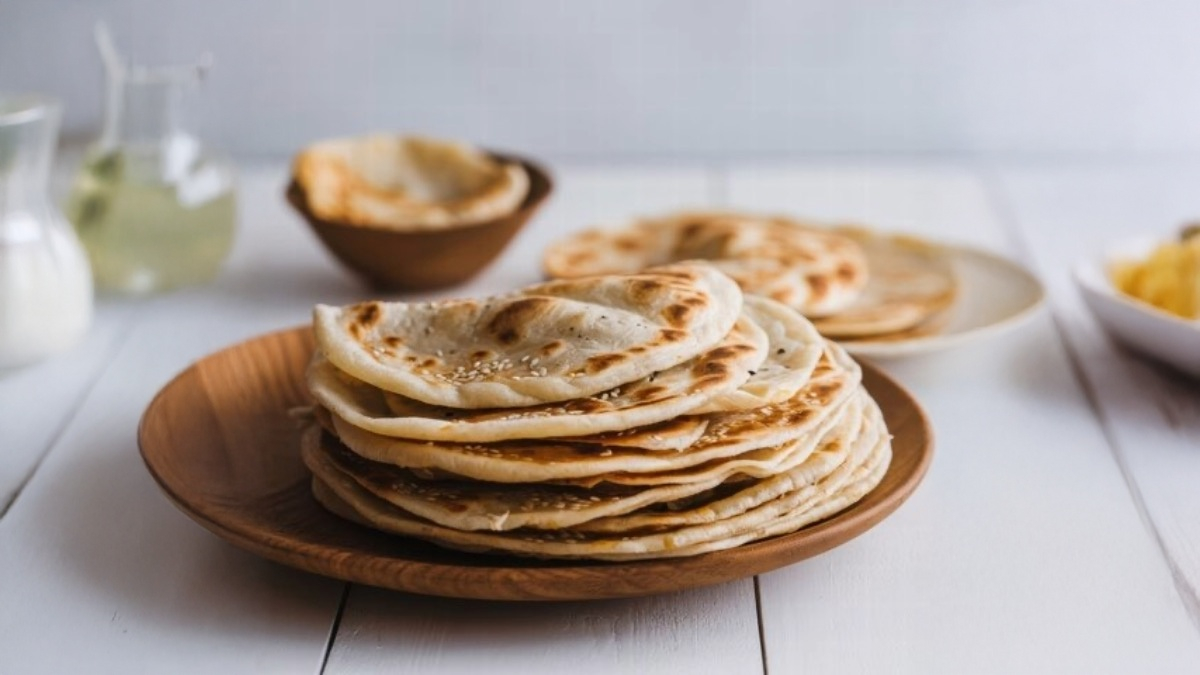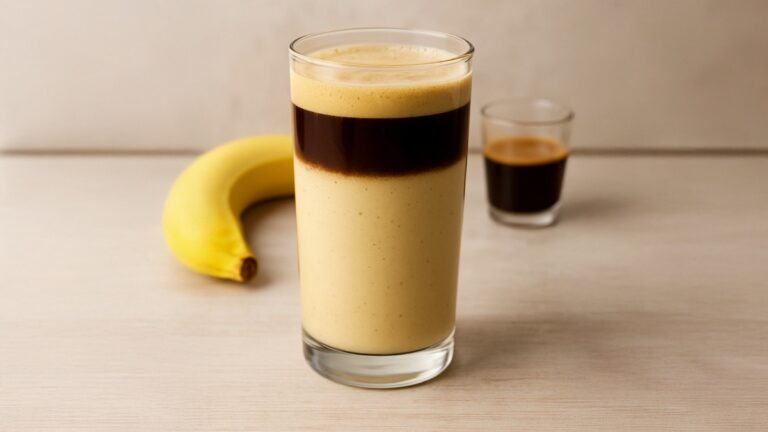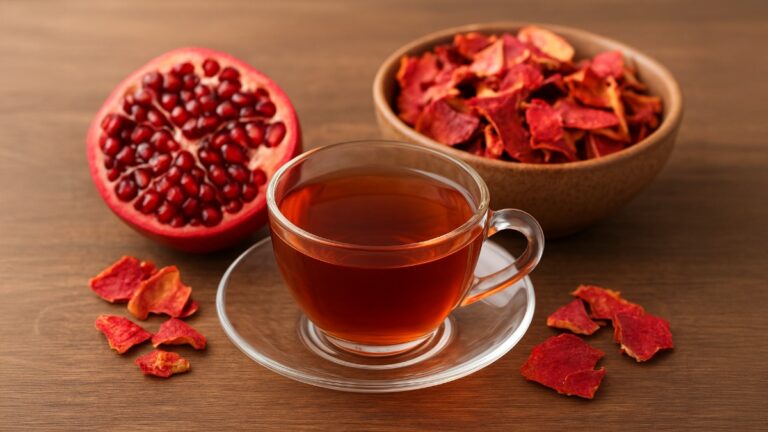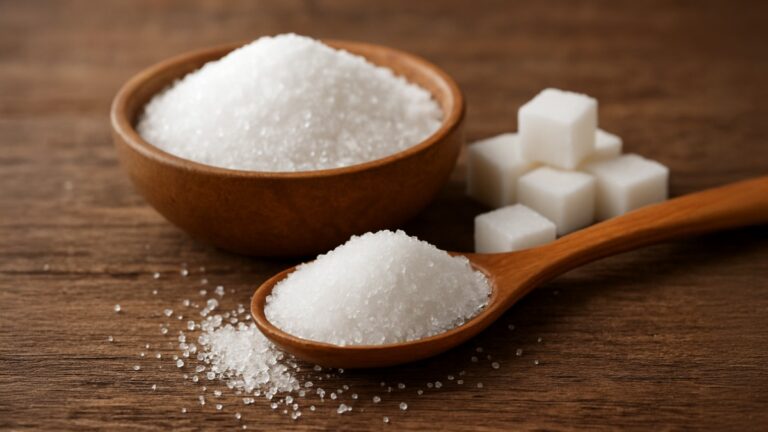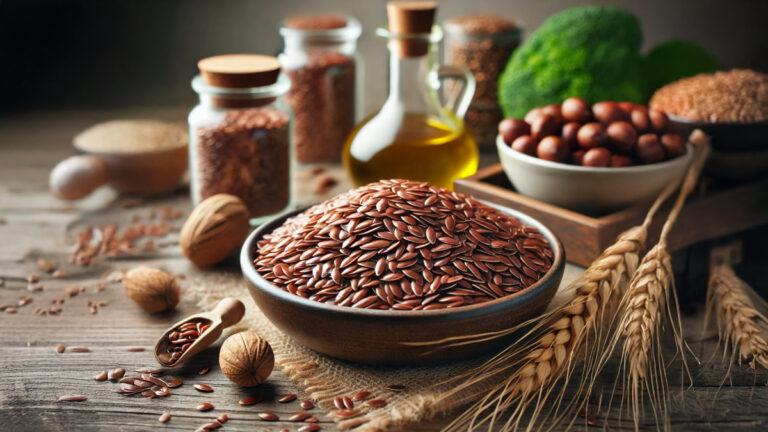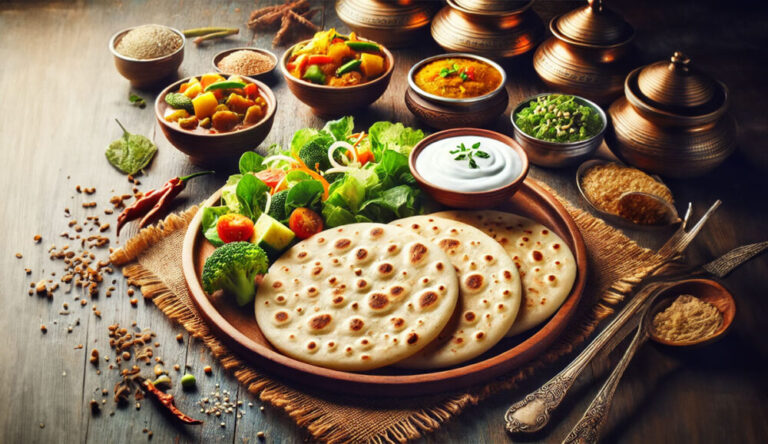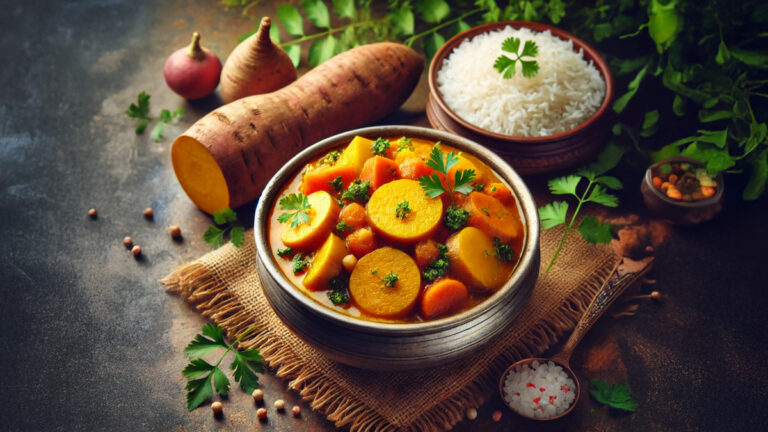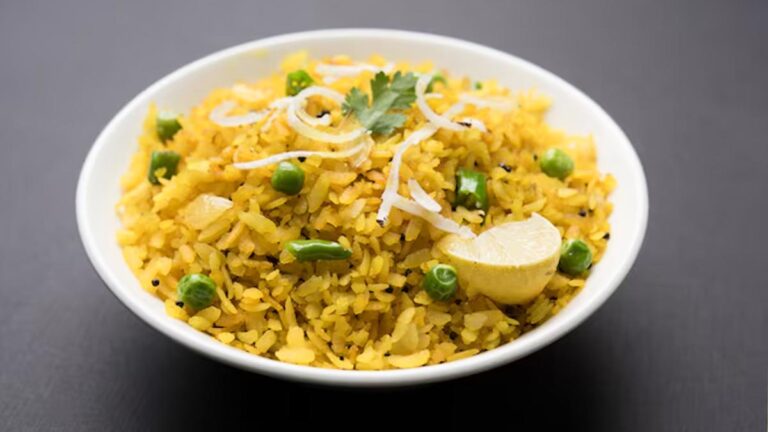Wheat Roti Vs Jowar Roti: Roti is a staple in Indian households and an integral part of daily meals. While wheat roti (chapati) is the most commonly consumed across North India, jowar roti (sorghum flatbread) is widely eaten in parts of Maharashtra, Karnataka, and Telangana. Both are traditional, healthy, and nutritious options, but if you’re trying to decide which one is healthier, it’s important to understand their individual benefits and how they impact your body.
In this article, we will compare Wheat Roti Vs Jowar Roti on the basis of nutrition, digestion, weight management, gluten content, and overall health benefits to help you make an informed decision.
1. Wheat Roti Vs Jowar Roti Nutritional Composition
Wheat Roti (Whole Wheat)
- Calories (per 100g): ~340 kcal
- Carbohydrates: 70-72g
- Protein: 12g
- Fiber: 10-12g
- Iron, Magnesium, Zinc, and B vitamins
Jowar Roti (Sorghum)
- Calories (per 100g): ~330 kcal
- Carbohydrates: 72g
- Protein: 10g
- Fiber: 9-10g
- Rich in calcium, iron, potassium, phosphorus, and antioxidants
Both are nutritionally dense, but jowar contains more micronutrients and antioxidants, making it slightly more nutrient-rich overall.
2. Gluten Content
- Wheat contains gluten, a type of protein that helps dough become elastic. Gluten is harmless for most people but can cause issues in those with gluten sensitivity or celiac disease.
- Jowar is a gluten-free grain, making it ideal for people with gluten intolerance, allergies, or digestive issues related to wheat.
For those looking for gluten-free alternatives, jowar roti is clearly a better choice.
3. Digestibility
- Wheat roti is relatively easy to digest for most people, but those with IBS (Irritable Bowel Syndrome) or gluten intolerance may experience bloating or discomfort.
- Jowar roti is lighter on the stomach and high in insoluble fiber, which promotes better digestion and helps prevent constipation.
Jowar roti has a slight edge when it comes to promoting smoother digestion.
4. Glycemic Index and Blood Sugar
- Wheat has a moderate glycemic index (GI), which can lead to spikes in blood sugar levels in some individuals, especially diabetics.
- Jowar has a lower GI, meaning it releases glucose more slowly into the bloodstream, making it a better option for those managing diabetes or insulin resistance.
Jowar roti is more diabetes-friendly due to its low glycemic response.
5. Weight Management
- Due to its higher fiber content and slower digestion, jowar helps keep you full for longer, reducing unnecessary snacking and aiding in weight loss.
- While wheat is also filling, it digests slightly faster and can cause hunger pangs sooner in comparison.
If you’re looking to lose weight or maintain it, jowar roti is a more supportive option.
6. Antioxidants and Heart Health
- Jowar is rich in antioxidants like tannins, phenolic acids, and anthocyanins, which help combat free radicals and reduce the risk of chronic diseases.
- It also helps lower LDL (bad cholesterol), contributing to better heart health.
- Wheat also has some antioxidant properties but not as much as jowar.
For heart health and overall disease prevention, jowar roti is superior.
7. Taste and Texture
- Wheat roti is soft, chewy, and easy to roll. It pairs well with almost all kinds of sabzis and curries.
- Jowar roti is slightly coarse, denser, and can be harder to make as it requires skill to roll without breaking.
In terms of taste and ease of preparation, wheat roti is more user-friendly, especially for beginners.
Which One Should You Choose?
Choose Wheat Roti If
- You have no gluten intolerance.
- You prefer a softer texture and ease of cooking.
- You’re looking for a balanced, convenient source of carbs and fiber.
Choose Jowar Roti If
- You’re gluten intolerant or have digestion issues.
- You’re diabetic, overweight, or have heart health concerns.
- You want a more nutrient-dense, fiber-rich option.
Wheat Roti Vs Jowar Roti, Both wheat and jowar rotis are healthy in their own ways. However, jowar roti scores slightly higher on several health parameters — especially for those dealing with gluten issues, weight concerns, or diabetes. That said, variety is key in a balanced diet. Including both types of rotis on different days can give you the best of both worlds.
(Disclaimer: The information given here is based on general information. Before adopting it, definitely take medical advice. THE MONK does not confirm this.)

